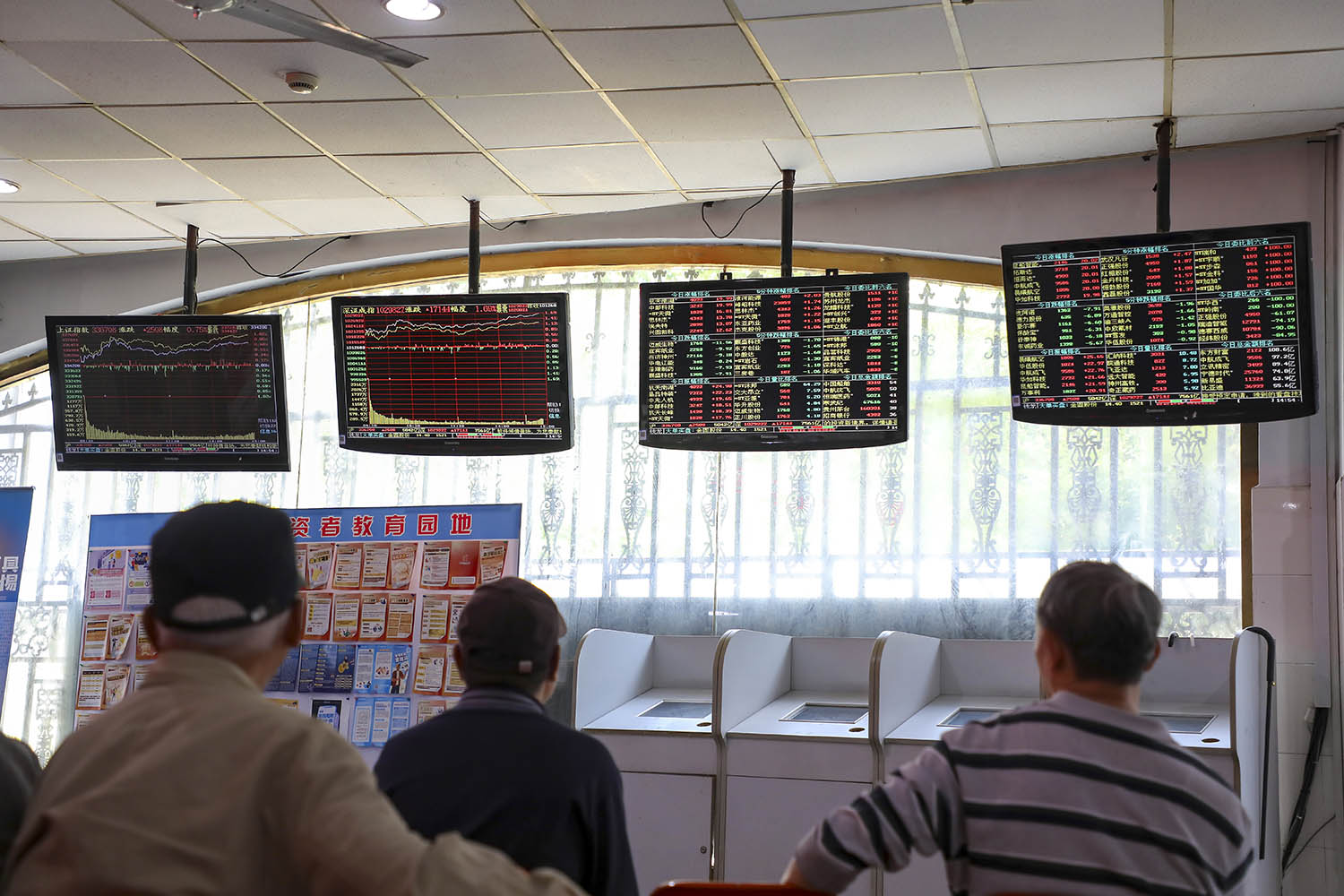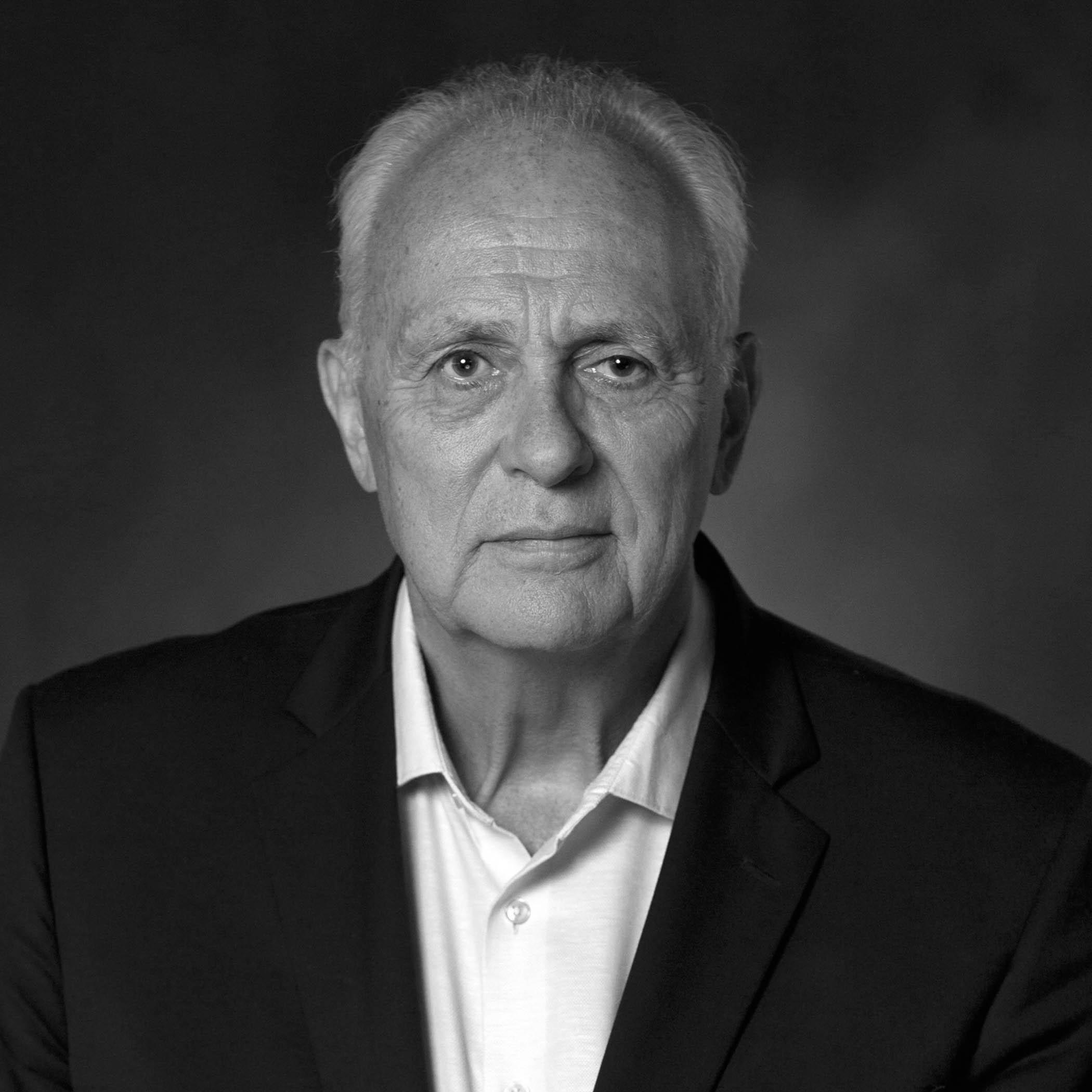When Keir Starmer and his European counterparts are engaged in a difficult and tense separation of European policy from that of Donald Trump’s US over Ukraine, it seems to be piling on to tell them they must do the same for China. But they must. Splitting with the US over Putin’s ruthless and illegal military campaign against Ukraine, a European neighbour, is difficult but necessary; such a choice over China may appear just plain difficult.
Politicians and public opinion alike fear the impact of Chinese trade and espionage practices on Britain. Prominent figures have been blacklisted by China for challenging these threats. Nor, unlike Ukraine, is Washington divided on China; rather there is a bipartisan consensus that China threatens the US’s role in the world. And, correctly, there remains plenty to be dismayed about in China’s horrible human rights record on slave labour on the mainland or democracy in Hong Kong. Further, many observers argue there are cracks in the Chinese economic miracle that may make it a less formidable contender in the future.
Having recently seen Chinese innovation and entrepreneurship up close in Shenzhen, which I remember when it was not much more than a paddy field, I beg to differ. China remains an extraordinary competitor. Shenzhen and Guangdong province have raced up the ladder from low-cost manufacturing extension to Hong Kong to technology innovator and manufacturing giant. Like its US rival, China has amassed the human, financial and physical capital to surprise its critics.
Trump appears to want a Yalta arrangement, with a world divided into US, Russian and Chinese spheres of influence, such as the one an ailing Roosevelt and war-weakened Churchill agreed to at Stalin’s urging; but alternatively, we can choose to recommit to a multilateral vision, such as the one formulated in San Francisco, where the UN charter was agreed in 1945. Until 1989 we uncomfortably lived with both and likely will again.
But let’s be clear, China is the swing vote on Trump’s choice. Xi Jinping can tilt the world towards a successful protection of multilateralism or throw in his lot with Putin and Trump. The Chinese message to a visitor from every interlocutor is undeviating. The leadership wants us to know that it prefers a leading role in a multilateral rules-based order, rather than being forced into Trump’s version of a WrestleMania foreign policy world where strutting strongmen threaten and bluster to get their way – and the results get fixed in a backroom. The Chinese hope, like much of the world, that Trump is an aberration. But as attentive students of the US, they reluctantly recognise what’s happening there goes much deeper than one leader. Like all of us, they want to continue to live with the US but not just on the latter’s terms. They fear the student visa cuts and racism that they believe Chinese the US are now subjected to.
Yet keeping China on the side of a San Francisco world, rather than a Yalta one, is more than a matter of leaving it to its own resolve; it requires active European encouragement and statesmanship. The knock-on effects of Trump tariffs will include the risk of diversion of Chinese goods to European and other markets, putting new pressure on those relationships. And deep mutual distrust has taken hold.
As the US carries out military exercises this week in the Philippines intended to practise for helping repel a possible Taiwan intervention, there are plenty of reasons to fear that China may get knocked off its preferred benign multilateral approach and fall into a matching wrestler’s crouch. One way or another, it evidently wants Taiwan back.
The US and China may be condemned by history and economics to a contest for global influence but the challenge for Europe and the world is how do we try and protect a system that restrains both sides from hurtling towards a precipice that could take us all with them. It will require active engagement. China has just stepped up to provide $500m to the World Health Organization to cover the loss of US contributions. It is already a leading contributor to UN peacekeeping. It is also the leader in renewable energy technologies.
Just as the great power US backstopped the UN for 80 years, despite sometimes appalling lapses in respect for the rules it had largely set, we need to welcome China into a similar clear-eyed partnership.
We must keep hold of a common interest in an open world where small and big nations alike can appeal to rules to keep order
We must keep hold of a common interest in an open world where small and big nations alike can appeal to rules to keep order
We will disagree on a lot but must keep hold of a common interest in an open world where small and big countries alike can appeal to rules to keep the peace and address shared global problems. The record will be imperfect but better than slumping back into a world without rules.
Newsletters
Choose the newsletters you want to receive
View more
For information about how The Observer protects your data, read our Privacy Policy
Lord Malloch-Brown is the former deputy secretary general of the UN. More of his work can be found here
Photograph Getty

